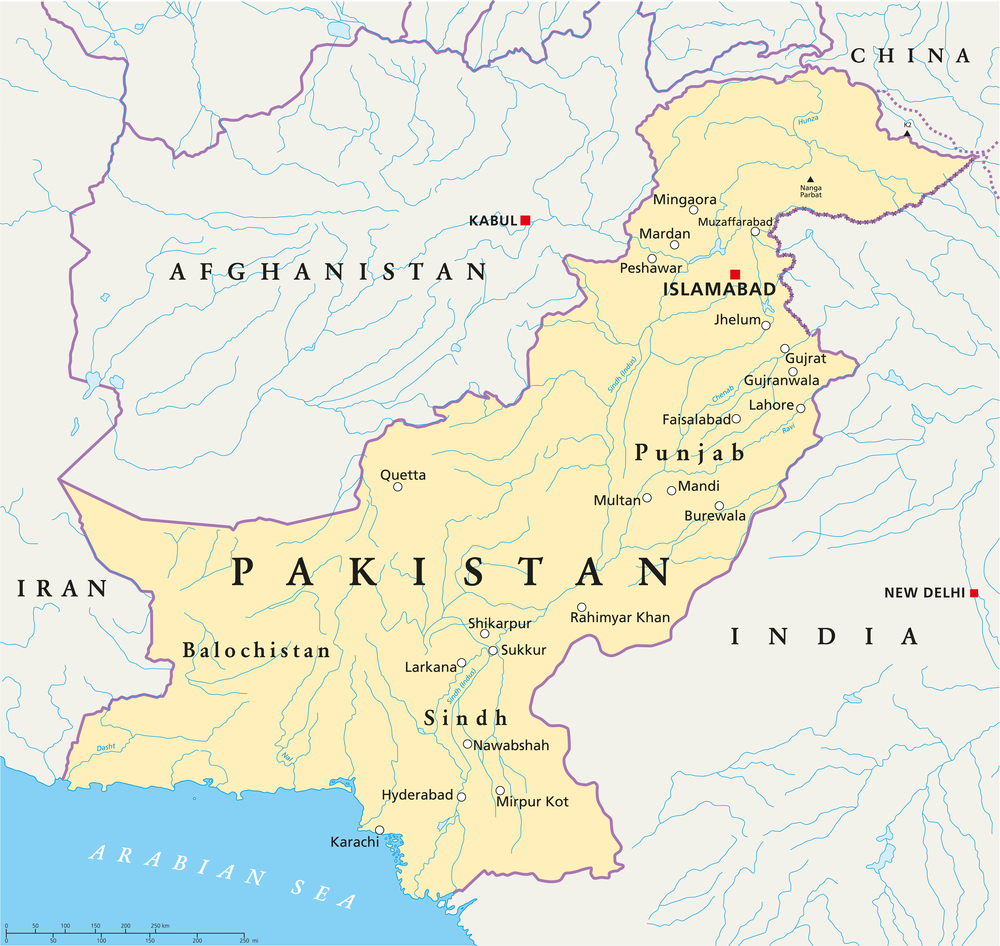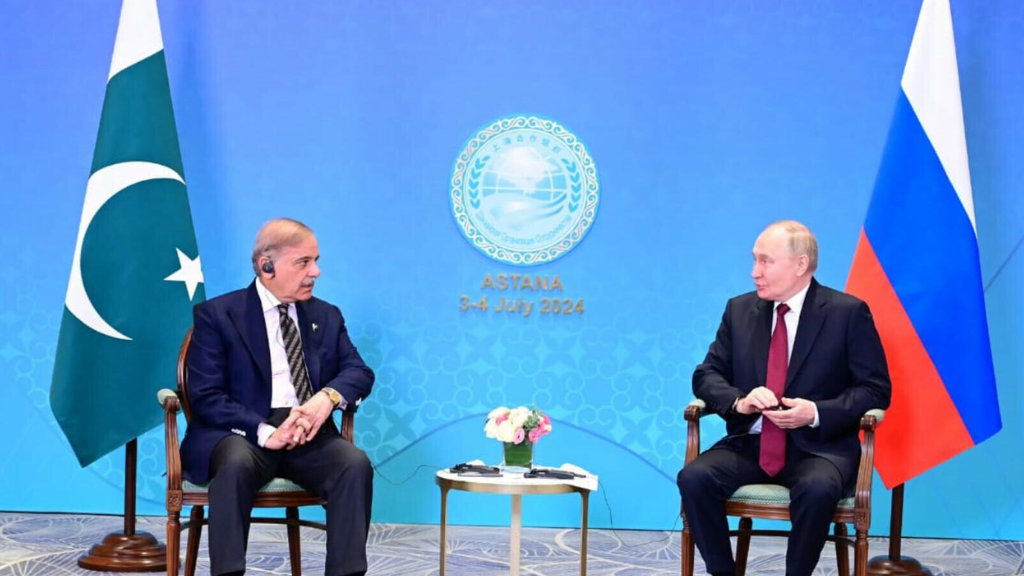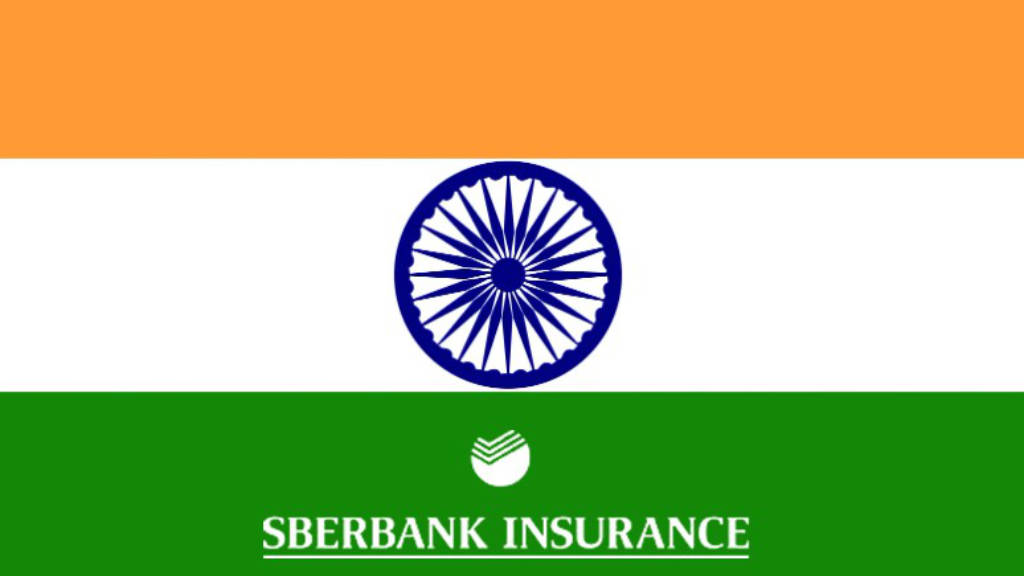Islamabad proposes trade barter system to overcome financial difficulties
Russian President Vladimir Putin has met with Pakistani Prime Minister Shehbaz Sharif on the sidelines of the Shanghai Cooperation Organization (SCO) summit in Kazakhstan’s Astana.
Trade between Russia and Pakistan is growing, and Russia is willing to increase supplies of energy and agricultural produce to Islamabad, President Vladimir Putin said. “There are good prospects in our relations. I’d pay special attention to two areas, namely cooperation in the energy and agribusiness sectors. We’ve begun supplying our energy resources to Pakistan, and we’re willing to increase these supplies. At Islamabad’s request, Russia is also contributing to Pakistan’s food security, and we’re increasing grain shipments to the Pakistani market.”
Sharif said trade between his country and Russia amounted to US$1 billion a year and should be increased. “We’ve received oil from your great country, we’re very grateful for that and should keep following this path.” he said. “Remember that we used to trade based on barter terms in the 1950s-1970s. We imported a lot of equipment and products from the USSR and exported textile and leather goods to the Soviet Union. It’s now time to overcome financial and banking problems and resume and expand our trade relations based on barter terms. This would be very good for Pakistan, we could overcome a lot of trade and sanctions financing problems this way.” Sharif said.
Pakistan began making purchases of discounted Russian crude oil under a deal struck between Islamabad and Moscow last year. Pakistan also received its first shipment of liquified petroleum gas from Russia, marking Islamabad’s second major Russian energy purchase, despite Western powers’ move to impose sanctions on Moscow.
Pakistan first notified a mechanism for barter trade with Russia, Iran and Afghanistan in February 2023, allowing state-owned enterprises and private sector entities to engage both in imports and export of goods. The concept of a barter trade platform is not new but requires considerable management in terms of agreeing prices for what could be fundamentally different products. However, given that Russia is looking to develop trade ties with a larger number of emerging economies, it is something the Russian Export Centre will most likely be tasked with potentially developing.

Pakistan itself suffers from a lack of financial resources, poor infrastructure and needs to become an industrialized nation. It is also a nuclear power and has a significant population of 234 million – a significant market in its own right.
China has been a significant investor in Pakistan through numerous Belt & Road Initiative projects. To date it has placed an estimated US$62 billion into the country, mainly into projects centred along the China-Pakistan Economic Corridor (CPEC) which provides north-south and east-west connectivity throughout the country and is ultimately aimed at two main goals – connecting Afghanistan, via Pakistan, to the Persian Gulf, and providing the same routes to China’s southern Xinjiang Province, which borders Pakistan north of Gilgit.
China has invested in nuclear power plants in Pakistan, while Russia is still considering these types of investment. Sharif also invited Putin to visit Pakistan.
Further Reading
Russia-Pakistan 2024 Trade & Development
This subject is extensively discussed in our 2024 Russia’s Pivot To Asia guide. This is a complimentary download and can be accessed in English here and in Russian here.





